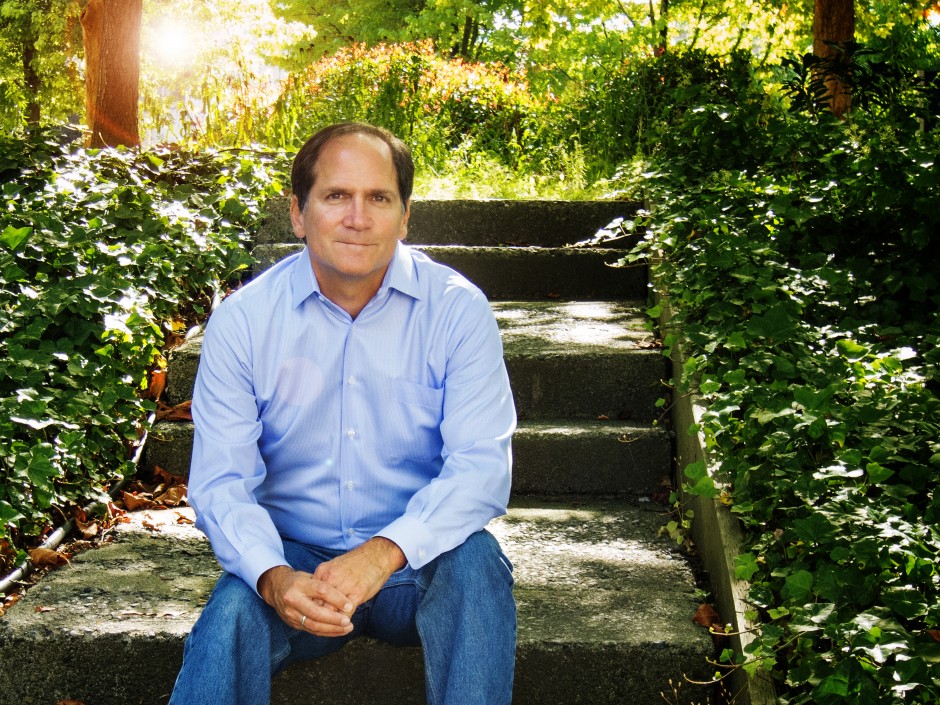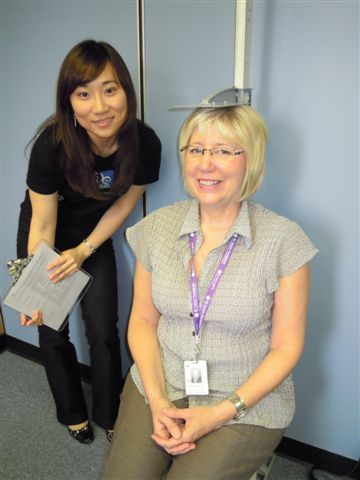Collect data on 30,000 people.
Wait 10 years.
Track their health.
Analyze.
Most good science takes time. John Spinelli, a cancer epidemiologist, is on intimate terms with that hard truth.
His hard-won patience gives him the perfect disposition to serve as leader of the BC Generations Project, an endeavour whose scientific payoff will likely come long after he retires.
BC Generations is the province’s contribution to a national datagathering effort aimed at determining which genes, physiological traits, behaviours and environmental exposures lead to cancer and other chronic diseases. But unlike most epidemiological studies, which look back in time at people who have developed cancer or another disease, BC Generations is tracking people as they age.
The national effort, called the Canadian Partnership for Tomorrow, encompasses five regional data-gathering efforts. The goal is to amass a database of 300,000 Canadians between the ages of 35 and 69.
The B.C. component was initially spearheaded by Clinical Professor Richard Gallagher; when he retired in 2011, he handed the baton to Dr. Spinelli, who, at 58, was also motivated by scholarly altruism – putting the pieces in place for other researchers.
“This is really a labour of love,” says Dr. Spinelli, a Professor in the School of Population and Public Health and Distinguished Scientist at the BC Cancer Agency. “Why am I doing this? It’s not for my career. This study is for the future, the next generation of health researchers.”
BC Generations began recruiting volunteers in 2009. In its quest to cast as wide a net as possible, Gallagher came up with the idea of temporary assessment centres – setting up shop for a month at a time in various communities (Kelowna, Prince George, Victoria, Nanaimo, Kamloops, North Vancouver, Coquitlam and Abbotsford), buttressed by an intense publicity blitz exhorting people to stop by, fill out a questionnaire, be measured for height, weight, blood pressure, body fat and grip strength, and provide a sample of their blood and urine.
The idea, unique to BC Generations, was “wildly successful,” Dr. Spinelli says, and was later emulated by its sister project in Alberta.
“BC Generations certainly developed an innovative approach to recruiting at the community level,” says Jacques Magnan, the Senior Scientific Lead for the Canadian Partnership for Tomorrow. “It makes so much sense. You’re asking people to volunteer their time, information about their lives, provide blood or urine, and you can’t expect someone in Prince George to come to Vancouver to do that.”
June Song of the BC Generations Project measures LaDonna Fehr at a temporary assessment centre in Prince George.
Supplemented by people who signed up online or by responding to mass mailings, BC Generations recruited 30,000 volunteers by 2012, with more than half of them – 16,000 – already having been measured and given their blood and urine at one of the assessment centres.
Dr. Spinelli and his team are now working on getting measurements and samples from the other 14,000 volunteers, who registered online or responded to mass mailings. The BC Generations team is urging them to visit their nearest LifeLabs to be assessed.
“Eighty per cent of the people we’ve contacted have given us samples, which is unheard-of in cohort studies,” Dr. Spinelli says. “I think it’s something about B.C. We have quite a motivated group of participants. We have people coming to us asking, ‘Why haven’t you contacted me? I thought you were going to do more! I’m ready to do whatever it takes!’”
Crucially, participants consent to provide access to their medical records, not just prior to joining but going forward. That is the key to this project, because scientists will be able to look for clues in the information or samples they provided – their occupations, where they lived, how much they exercised, and of course, their genetic makeup – to see which ones are predictors of their later health.
“You have to give people time to develop chronic diseases,” Dr. Spinelli says. “But in five to 10 years, these data and samples will be an invaluable resource to researchers in British Columbia, across Canada and around the world.”

